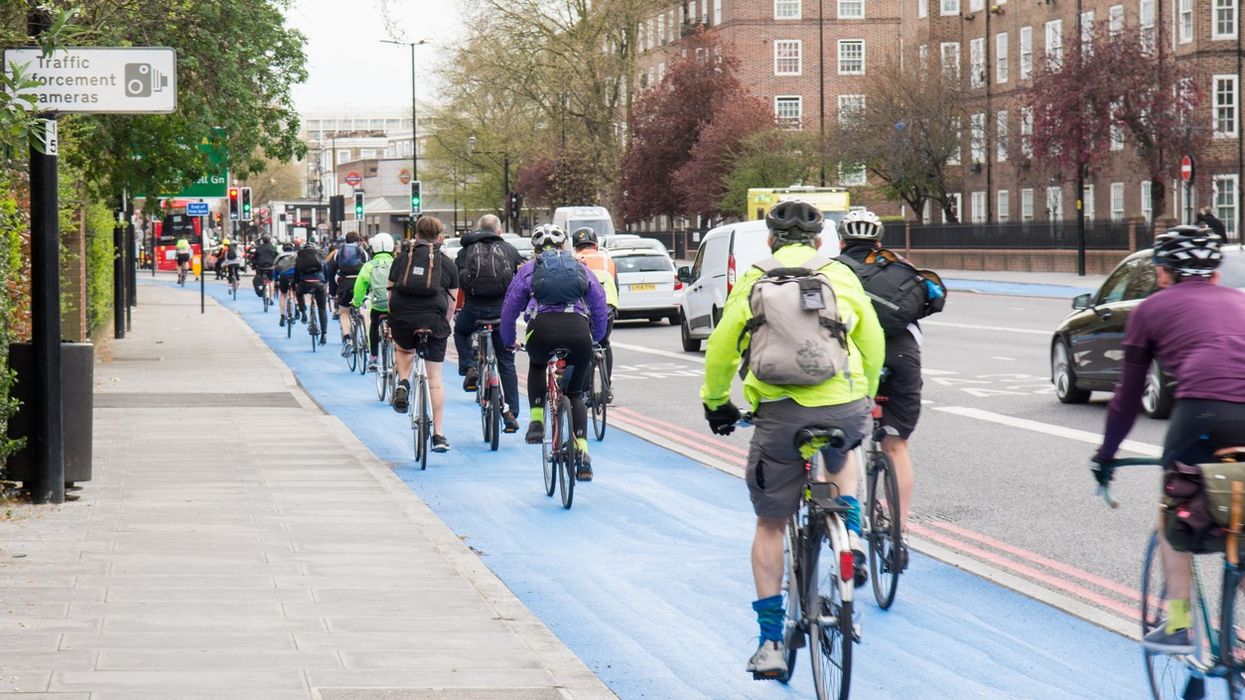Cycling in the City of London has increased by more than 50% in the past two years, according to new official figures.
Counts conducted across 30 locations recorded a daily average of 139,000 cyclists in October 2024, up from 89,000 in 2022. The City of London Corporation said this represented the largest increase since records began in 1999.
London’s Walking and Cycling Commissioner, Will Norman, welcomed the figures, expressing enthusiasm about the growing number of cyclists in the Square Mile.
According to the City Corporation, people cycling now make up 56% of all traffic during peak commuting hours. In addition, dockless bicycles now account for one in six bikes on the City’s streets.
The rise in cycling, combined with changes in traffic patterns, has allowed the City of London Corporation to meet three key targets six years ahead of schedule.
Since 2017, cycling levels have risen by 70%, exceeding the target of a 50% increase by 2030. Over the same period, motor traffic has fallen by 34%, surpassing the goal of a 25% reduction by 2030. Freight traffic is also down by 21%, beating the 15% target set for 2030.
Chairman of the Planning and Transportation Committee at the City Corporation, Shravan Joshi, highlighted improvements to air quality alongside the increase in cycling.
"When we first published our strategy in 2019, 15 locations across the City exceeded our air quality objective for toxic nitrogen dioxide," he said. "Last year this figure was down to two."
The Corporation’s Transport Strategy, launched in 2019, has focused on promoting walking, cycling, and the use of public transport while reducing motor traffic. Measures have included improved cycling infrastructure, expanded pedestrian areas, and initiatives to manage freight and delivery traffic.
Officials attribute the rising cycling numbers to a combination of infrastructure improvements, increased use of dockless bikes, and a growing public focus on sustainability and healthy living.
The data reflects broader trends across London, where cycling and walking have become increasingly popular modes of transport, particularly following the Covid-19 pandemic. Efforts to promote active travel have been supported by Transport for London and local councils across the capital.
The City Corporation said it would continue to support and encourage cycling and sustainable transport as part of its long-term vision to improve air quality, reduce congestion, and create a healthier, more liveable environment.





